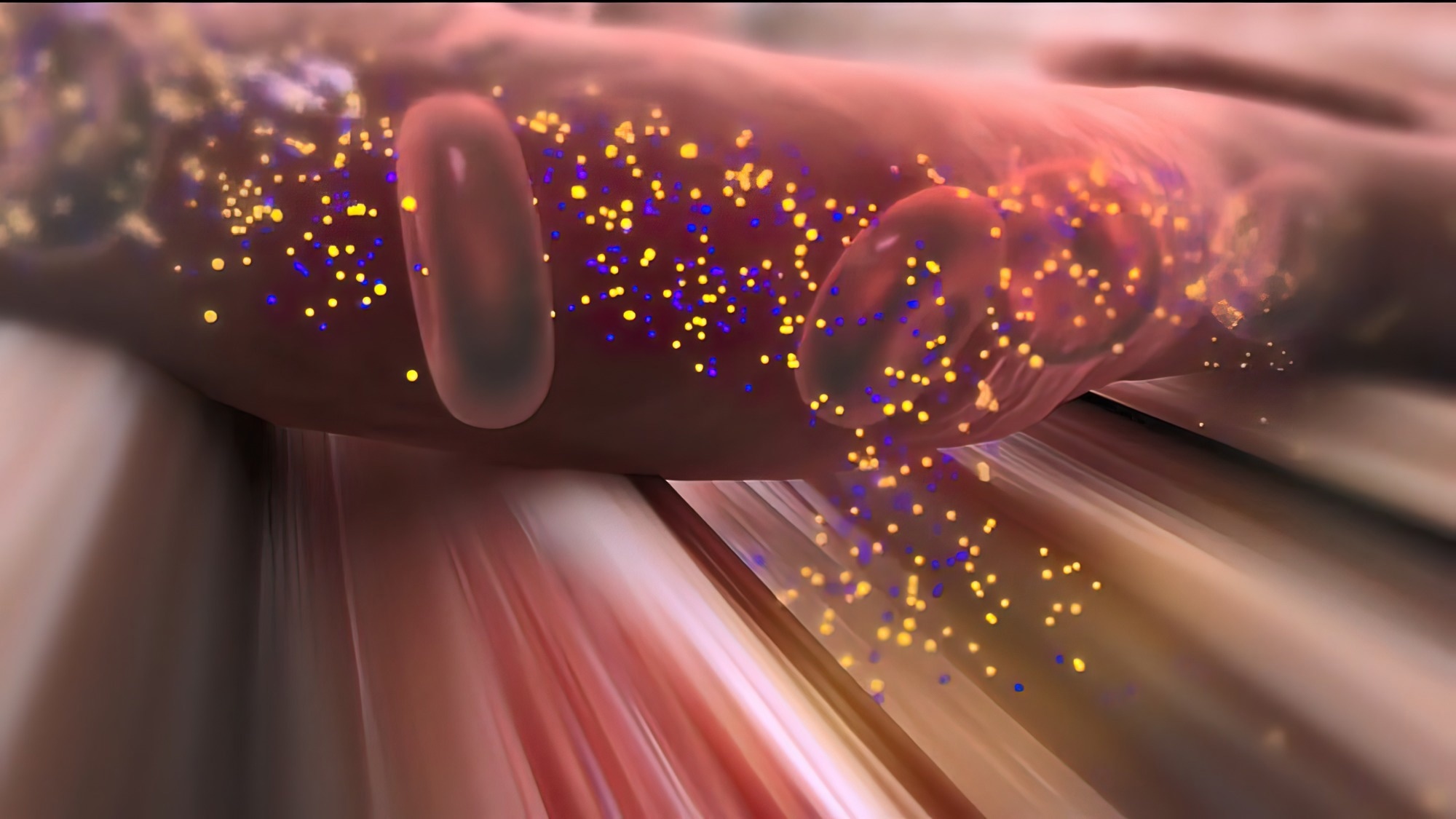They used a self-constrained exposure-crossover design to estimate the odds of a new-onset cardiometabolic disorder occurring 90 days after or before COVID-19.
 Research Letter: Association of COVID-19 Vaccination With Risk for Incident Diabetes After COVID-19 Infection. Image Credit: piccreative / Shutterstock
Research Letter: Association of COVID-19 Vaccination With Risk for Incident Diabetes After COVID-19 Infection. Image Credit: piccreative / Shutterstock
Background
The risk of developing cardiometabolic diseases was highest early on in the COVID-19 pandemic. However, studies have not yet explored whether this risk persists during the predominance era of less virulent severe acute respiratory syndrome coronavirus 2 (SARS-CoV-2) Omicron variant. It also remains unclear if these risks have become attenuated due to COVID-19 vaccination.
About the study
In the present study, researchers identified newly reported cardiometabolic diagnoses after or before a patient’s first COVID-19 episode. The study population comprised a cohort of patients who had COVID-19 once or more and sought treatment at the Cedars-Sinai Health System in Los Angeles, USA.
They considered all time-varying confounders arising from disturbances in healthcare use during the pandemic when estimating the likelihood of a new onset of a cardiometabolic disorder. So, they compared their findings with new-onset benchmark diagnoses, e.g., urinary tract infection, representing a marker of COVID-19-unrelated healthcare use.
The team used a multivariable logistic regression model to estimate the odds ratio (OR) and 95% confidence interval (CI) for a new-onset cardiometabolic vs. new-onset benchmark diagnosis. The study OR estimates spanned 90 days after and before the SARS-CoV-2 infection, and the study model adjusted for age, gender, infection time (pre- and post-Omicron), and SARS-CoV-2 vaccination status of each participant.
Results & conclusion
In the current cohort study, the researchers analyzed 23,709 patients with an average age of 47.4 years who experienced one or more episodes of COVID-19. There were 12,706 females, 10,981 males, and 22 people with unknown gender, respectively.
The study results were consistent with the findings of another recent meta-analysis. They confirmed that SARS-CoV-2 infection increased the risk of new-onset diabetes and other cardiometabolic diseases. Accordingly, the incidence rate of these diseases was higher in the test group 90 days after SARS-CoV-2 infection vs. before infection, with an adjusted multivariable model showing an OR equal to 1.58 and 95% CI. Also, the odds were the highest for diabetes, followed by hypertension.
Intriguingly, COVID-19 increased the odds of benchmark diagnoses more than hyperlipidemia and hypertension. Furthermore, the interaction between vaccination status and new-onset diabetes was statistically insignificant, with OR=0.59, 95%CI. Nevertheless, the risk of diabetes was higher among unvaccinated than vaccinated people (ORs 1.78 vs.1.07; 95% CI), suggesting COVID-19 vaccination was beneficial. Sociodemographic factors, such as age, gender, and preexisting cardiovascular conditions, also had no apparent interaction with new-onset cardiometabolic diagnosis before or after SARS-CoV-2 infection in any model.
Even after accounting for time-varying confounders, the risk of new-onset cardiometabolic diagnosis persisted during the Omicron predominance period. To conclude, studies have not clarified mechanisms contributing to post-SARS-CoV-2-infection diabetes risk. However, some researchers have proposed that persistent inflammation contributes to insulin resistance magnifying the risk of diabetes.
Thus, there is an urgent need for further studies exploring the sequelae of COVID-19 and how COVID-19 vaccination might reduce the risk of new-onset cardiometabolic diseases.